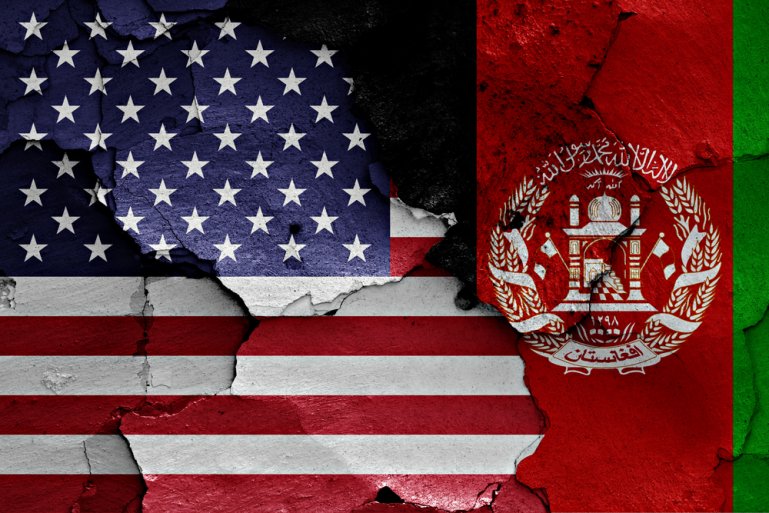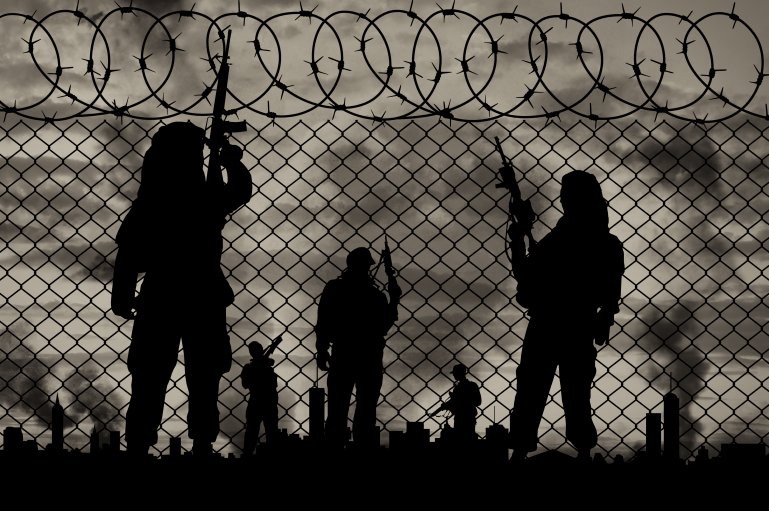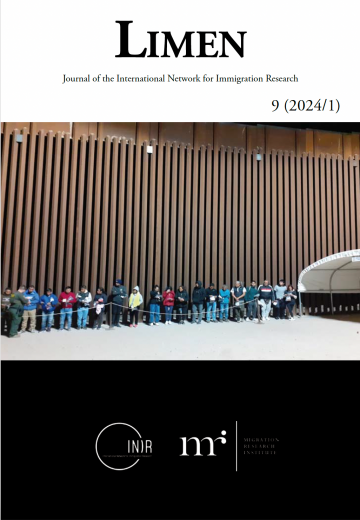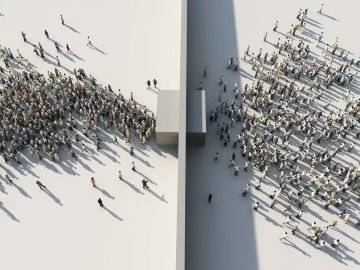Limen
The Emancipation Reclamation: The Forgotten Story of the Immigration Act of 1924 and How It Propelled Black Americans into the Middle Class
December 2, 2024
The Immigration Act of 1924 ended the so-called Great Wave of immigration that brought over 20 million Europeans to America’s shores. It also spurred the Great Migration, the movement of over six million African Americans from rural southern states to the industrialized north, and into jobs that otherwise would have gone to immigrant workers. Even many critics of the 1924 law recognize
that it was instrumental in the formation of the Black middle class. In 1965, Congress began a second great wave of immigration that continues to this day, to the disproportionate disadvantage of Black Americans.
The Biden-Harris Administration’s Makeover of the U.S. Refugee Resettlement Program
December 2, 2024
The Biden-Harris administration has modernized and expanded the U.S. Refugee Admissions Program (USRAP) to admit increasing numbers of refugees faster and extend the Office of Refugee Resettlement (ORR)’s benefits and beneficiaries to include non-refugees on U.S. soil. It changed the essence of resettlement by designing the “Welcome Corps” private sponsorship program and allowing U.S.-based “private sponsors” who can themselves be earlier refugees or other newcomers to choose their own “refugees” and future American Citizens. Sponsored individuals do not need to actually be refugees according to the UNHCR Refugee Status Determination, they can simply be friends and family members of those who made it here before them.
Immigration and Islam in France: how do they interact?
December 2, 2024
In a few decades, Islam rose to prominence as the second most important religion in France. This dynamic deserves to be analyzed in terms of its essential interactions with another phenomenon: immigration, particularly from outside Europe. The interactions can be understood in terms of three different drivers: the acceleration in current inflows, many of which now come from the Islamic world; the different birth rates of the immigrant populations at stake; and the greater religious transmission within Muslim families. Moreover, through capillary mechanisms inherent in diaspora phenomena, migratory flows import the trends in Islamic observance at work in the countries of origin. They also offer a ground for foreign government interference through religious organizations.
Non-Interlocking Pieces: The Migration Policy Puzzle of the Scholz Government
December 2, 2024
Migration has been one of the most important political and public issues in Germany since 2015. Olaf Scholz’s administration that came into power in December 2021 assigned top priority to migration policy. However, the parties in the tripartite governing coalition have not managed to synchronize their ideas about the issue, thus, no viable central migration policy has emerged. Meanwhile, as migration pressure increased, the coalition lost many of its supporters, and the anti-immigration Alternative für Deutschland gathered momentum to overtake all three governing parties in popularity.
From our network
The age of digital nomads - migration aspects
 The digital nomad lifestyle can be attractive for people working from home, but it can also come with a number of risks.
The digital nomad lifestyle can be attractive for people working from home, but it can also come with a number of risks.
Papers






